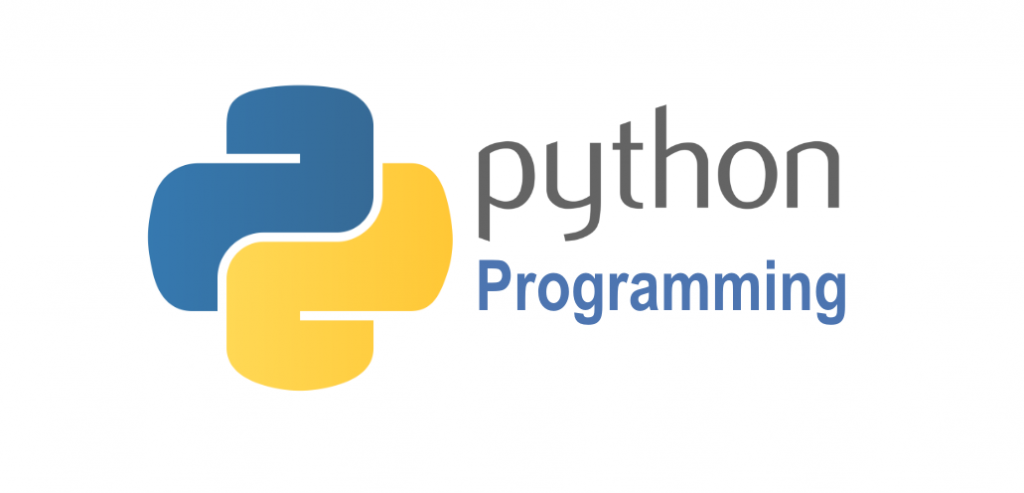Python Scripting for Linux Administrators
| Preference | Dates | Timing | Location |
|---|---|---|---|
| Evening Course | 22, 23, 24, 25 November 2020 | 7:00PM - 9:30PM | Dubai Knowledge Park |
Course Description
In this course, you will learn how to write powerful Python scripts to automate critical Linux System Administration tasks. The first part of this course focuses on core language features such as data structures, loops, flow control, file input/output, functions, and error handling. Subsequently, you will learn how to use Python libraries such as os, glob, and regex to build sophisticated command-line tools, which can take on most of the Linux System Administrator’s grunt work.

Course Outline
Audience
Prerequisites
After the Course
Course Outline
Unit 1 – Environment Setup
- Setting up a Cloud Server Development Environment
- Installing Python 3 on CentOS 7
- Installing Python 3 on Debian/Ubuntu
Unit 2 – Introducing Python
- History and Benefits of Python
- Key Features of Python 3
Unit 3 – Running Python
- Running Python
- Introducing the REPL for Rapid Experimentation
- Creating and Running Python Scripts
- Using Comments
Unit 4 – Python Data Types
- Strings
- Numbers (int and float)
- Boolean and None
- Working with Variables
- Lists
- Tuples
- Dictionaries
Unit 5 – Control Flow
- Conditionals and Comparisons
- The ‘while’ Loop
- The ‘for’ Loop
- Logical Operators
Unit 6 – Basic Scripting
- Reading User Input
- Function Basics
- Using Functions in Scripts
- Using Standard Library Packages
- Working with Environment Variables
- Interacting with Files
Unit 7 – Intermediate Scripting
- Parsing Command Line Parameters
- Robust CLIs with ‘argparse’
- Error Handling with try/except/else/finally
- Exit Statuses
- Execute Shell Commands from Python
- Advanced Iteration with List Comprehensions
Unit 8 – Useful Standard Libraries
- random and json
- shutil and glob
- re and math
Unit 9 – Using Pip and Virtualenv
- Installing Third-Party Packages Using ‘pip’
- Setting up Virtualenv
- Using Third-Party Packages in Your Scripts
Unit 10 – Planning Your Project Structure
- Examining the Problem
- Planing You r Project.
- Initial Project Layout
Unit 11 – Implementing Code Features with Test Driven Development
- Introduction to TDD and First Tests
- Creating CLI interfaces
- Introduction to Mocking in Tests
- Interacting with PostgreSQL
- Implementing Local File Storage
- Interacting with AWS
Unit 12 – Integrating Features and Distributing Your Project
- Integrating all the modules
- Building and Sharing a Wheel Distribution
Audience
- Linux System Administrators
Prerequisites
Knowledge of Linux System Administration
After the Course
The participants who have successfully completed this course are encouraged to take Python for Data Science and Machine Learning.
Testimonials
The workshop on big data and machine learning was an excellent introduction to practitioners considering using data science. Ahmed demonstrated considerable teaching talent rooted in his long expertise with systems development.

Very rewarding course. Rare to find a Deep learning course in Dubai that teaches concepts from scratch and provides practical applications. Will definitely recommend.

Innosoft Gulf Institute is educating students breaking and revolutionary techniques with focus on future trends in CIT industry. Mr. Ahmed is well updated on latest technologies related to Big Data, AI, Machine Learning, etc.
Rated as 5 star in terms of overall deliverance.

The most important thing is to be convinced of what you are studying. It's not just about teaching...
I'm taking four courses at Innosoft Gulf institute, and I think it's much better than my bachelor's degree.
Ahmad TahboubSenior Year Computer Science Student
Innosoft Gulf really gave me a head start for college. The teacher was amazing and I really learned a lot. I highly recommend the Python, Java and Machine Learning courses.
Oshin VatsDistinguished High School Student